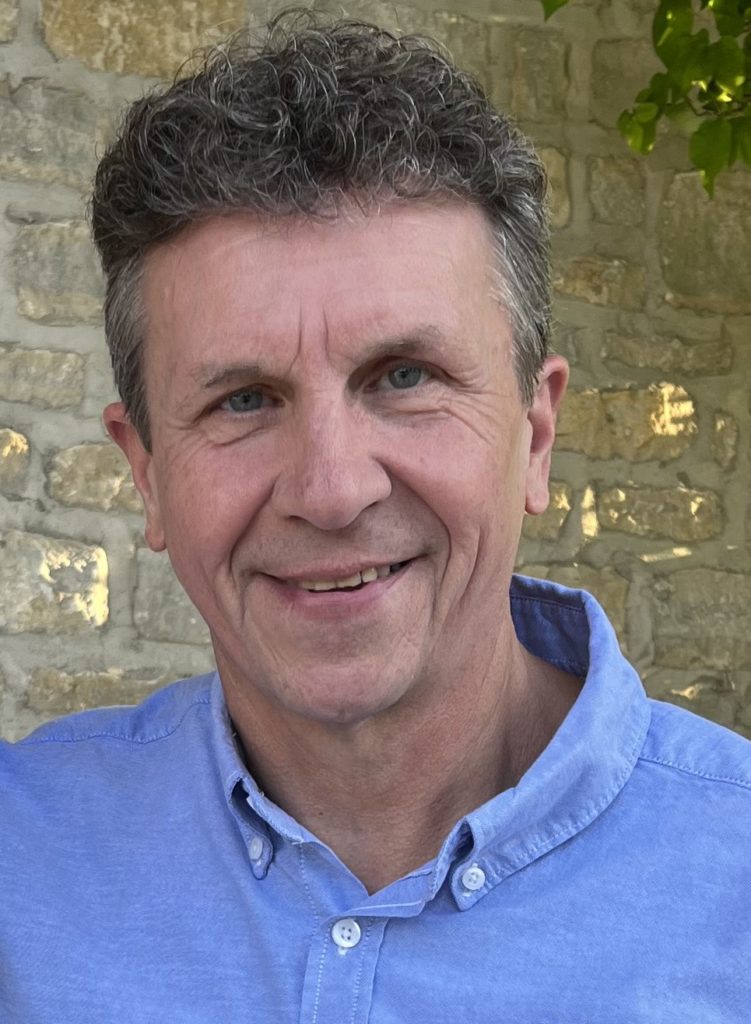Global Lutheran Leaders Gather

Note from our Executive Director: Many thanks to Paul Borg, LCMS pastor and friend of Lutheran CORE, for his report on the recent gathering of the Global Confessional and Missional Lutheran Forum (Global Forum) in Nairobi, Kenya. This is an international gathering of Lutheran church leaders and representatives of Lutheran reform and renewal communities throughout the world. Many of them are from Western Europe and Africa. The NALC was very instrumental in the formation of the Global Forum. On several occasions the Forum met in conjunction with the NALC’s Lutheran Week. More recently it has met in Africa. We are very grateful to hear from Paul about how the Spirit of God is moving mightily in the Lutheran Church throughout the world.
Pause and ponder with me for just a moment. There has never been a time in all of civilization when so many unbelievers are discovering and embracing the Creator of the universe, Jesus. Never. And because of the financial support of CORE, I was gifted with a wonderful five day opportunity in Nairobi, Kenya, Africa. I lived with, listened to, and learned from many global Christian leaders. They are being empowered and used by Jesus to reach those who do not yet know Him.
Many of us know the statistics of this unique moment of Christian history: a greater number of people are coming to know Jesus as Lord, than centuries past. Therefore, during this week, we sat together, ate together, became friends with each other and prayed with so many of these leaders whom Jesus is using to reach the unreached.
This particular gathering includes close to 50 Lutheran pastors and leaders from 14 different countries. We, in the global North, asked those from the global South, to teach us and be missionaries to us. There were many fascinating revelations that were, in the end, a call back to the basics: the core of sacred Scriptures, the essential act of reaching the lost, and prayer as a constant, life-sustaining heartbeat.
Here are three examples of their encouragement. They lovingly said to us:
1) Hold on passionately to the power and authority of sacred Scriptures. It is indeed “True Truth,” accurate and true as it describes history, life and faith. This is what the missionaries taught us! The Bible brings us out of darkness and evil, into light and into the presence and joy of Jesus. Maybe we simply need to remind you of what you, in the past, had profoundly taught us: Many of you in the North are diminishing that power of The Scriptures.
2) Ask Jesus for a passionate zeal to reach the lost. May that zeal not be a part of, but the very heart of every breathing moment of life. This is more than reading books and listening to lectures. And always have a couple of unbelievers as personal friends. Those growing relationships with unbelievers empower not only growth in faith but transformation of all of life, both for the Christian and for the one who may not yet know Jesus.
3) Personally talking with our Creator of the universe, Jesus. Consider prayer as more than quick sentences for appropriate occasions. Instead, consider prayer as breathing. That intimate personal conversation becomes life giving, like a courtship with our Creator. Such intimacy results not only in profound joy but also in profound power. Jesus asks us to do what Jesus did. His miraculous life was empowered by His intimacy and continuous prayer with His Father.
Finally, I thank you for your investment in me and the leaders of God’s church. Your generosity has brought about much encouragement, strategic planning and purposeful connection between the Lutheran leaders, globally. Thanks in part to your support, we are bringing forth the Kingdom of God back into the dry bones of the Church. Amen!



